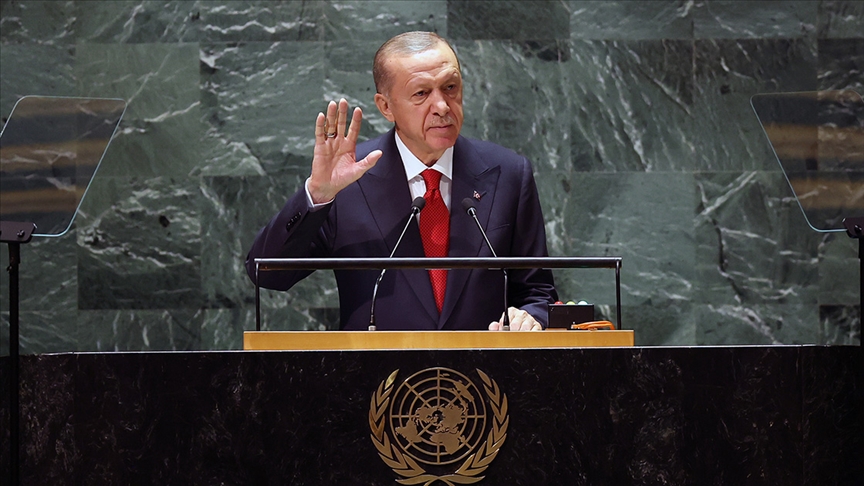
Interest in President Recep Tayyip Erdogan's vision – "the world is bigger than five, and a fairer world is possible" – is gaining traction globally as criticisms of the international peace-maintaining organizations mount significantly.
Undoubtedly, the reason behind Erdogan’s call is the United Nations Security Council's (UNSC) failure to prevent international crises and end ongoing wars.
Moreover, the model, which is based on the victors of World War II (the five permanent members of the UNSC), disregards both the injustice in global representation and the shifts in regional and global power dynamics over the nearly 80 years since the war, highlighting the need for new reforms in the international system.
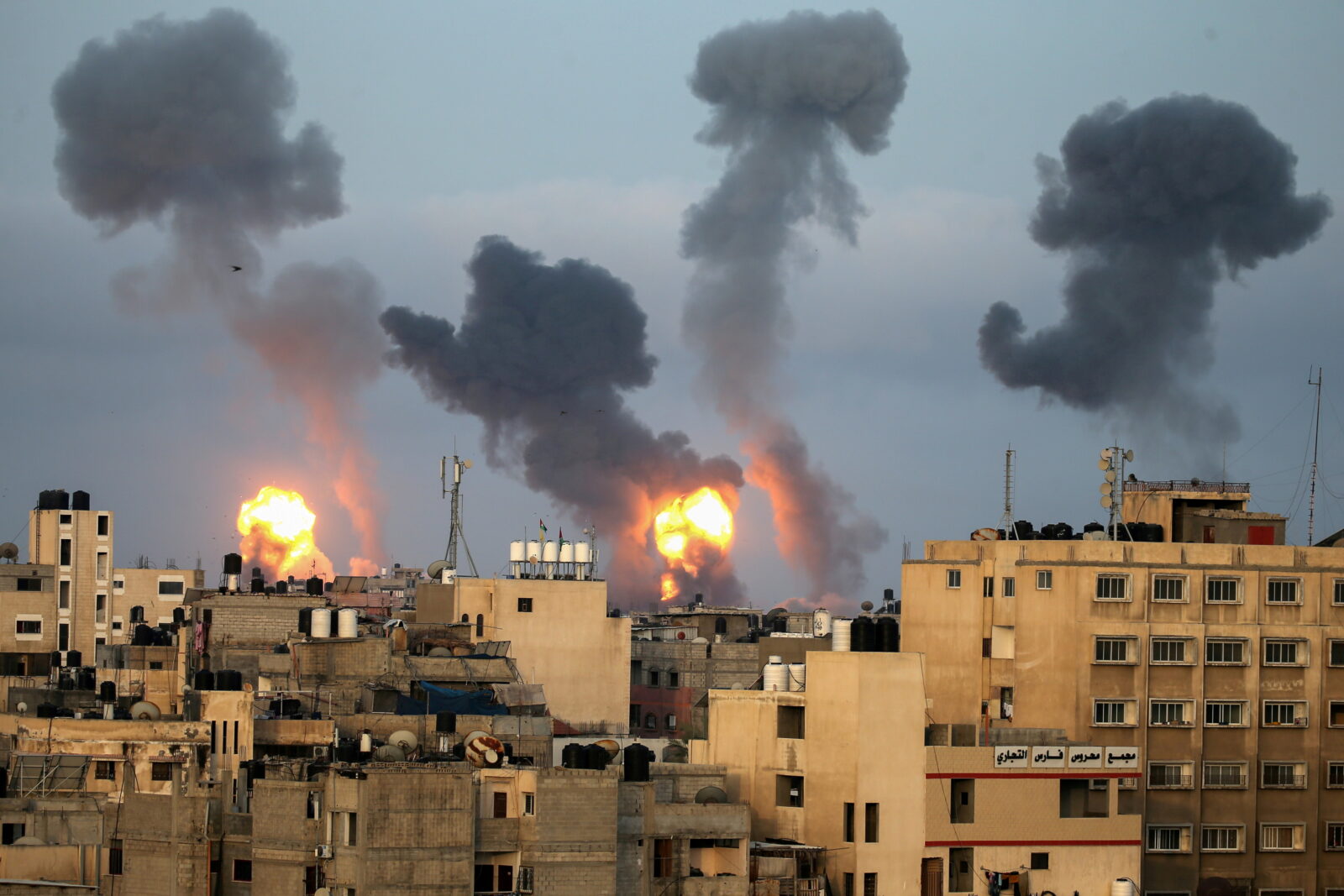
The search for U.N. reform stems from the inability to prevent crises that have emerged since the Cold War. Examples include the Syrian Civil War, the Libyan Crisis, the Yemeni Civil War, the Russia-Ukraine War and the genocide in Gaza.
The UNSC has failed to empower the international community to make effective and deterrent decisions in response to these crises, massacres and acts of genocide.
Furthermore, it has been unable to carry out the necessary mediation efforts to resolve ongoing conflicts.
Notably, the only significant crisis management initiative the U.N. has undertaken in recent history was the "Grain Corridor Initiative" – which ultimately collapsed after Russia withdrew.
Additionally, the mediator in the Grain Corridor Initiative was not a UNSC member, but Türkiye, which played a crucial role in facilitating peaceful diplomacy.
Doesn’t this highlight the need to reevaluate the structure of the UNSC?
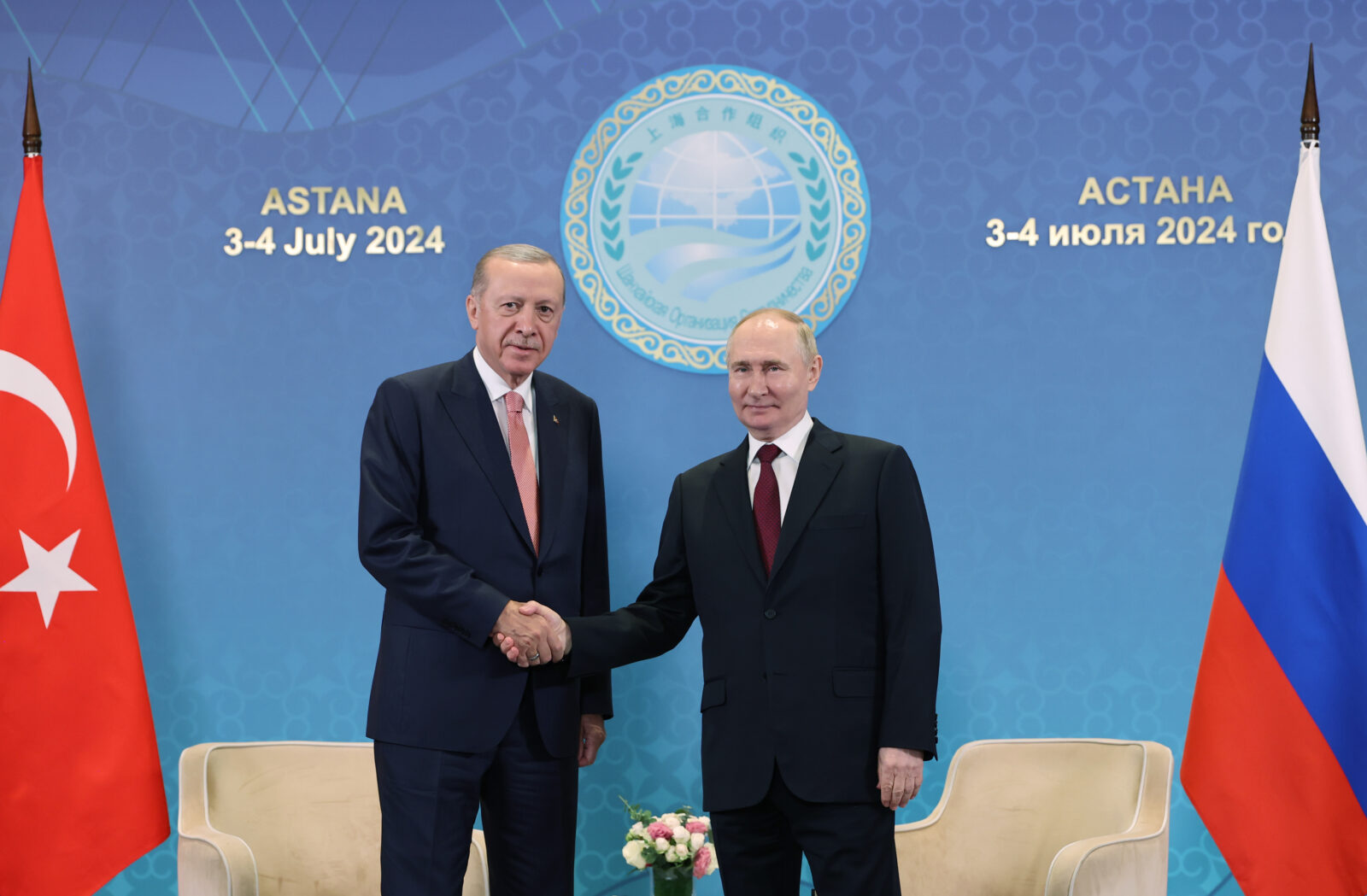
The primary reason for the UNSC’s failure to make effective and deterrent decisions in the face of crises is the veto power granted to the five permanent members. For the UNSC to make a decision, all five must agree.
However, the interests of Russia and China often conflict with those of the U.S.-U.K.-France trio.
As a result, decisions favorable to one group are vetoed by the other, but how?
Take the Syrian Civil War for instance, one of the most brutal events in recent history where hundreds of thousands were killed due to the Assad regime's attacks, ISIS's massacres and the PKK's acts of terror that sabotaged regional security. Millions were forced to flee their country.
In the UNSC, decisions against the Assad regime were vetoed by Russia, with China abstaining.
At the same time, it is essential to recall that the PKK/YPG, the terrorist group destabilizing Syria and threatening the territorial integrity and national security of Türkiye, Syria, Iran and Iraq, is directly supported by the U.S.
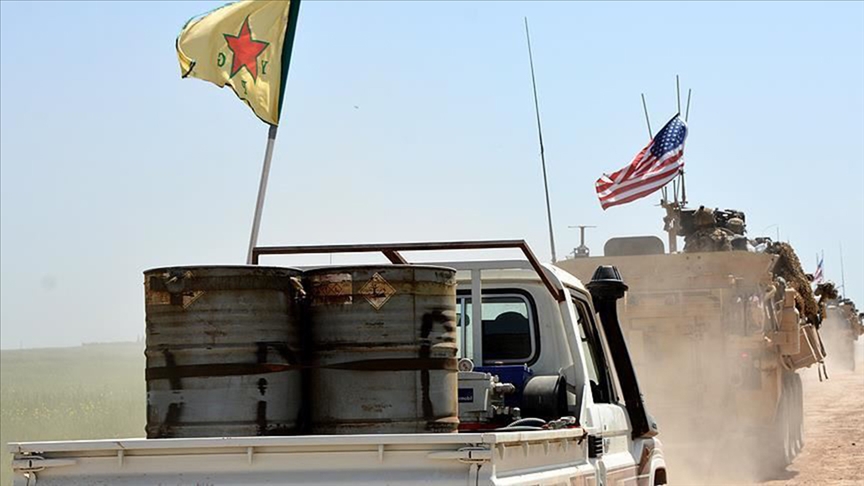
Another relevant example is the Russia-Ukraine War. Despite Russian President Vladimir Putin's illegal invasion of Ukraine, the U.N. General Assembly has only issued condemnations, with no effective action to stop Russia.
This is largely due to Russia’s veto power, which prevents any decisive measures in the UNSC.
Similarly, there is a lack of initiative to address the ongoing genocide in Gaza. While U.N. Secretary-General Antonio Guterres consistently calls for diplomacy based on humanitarian concerns, his efforts have not yielded significant results.
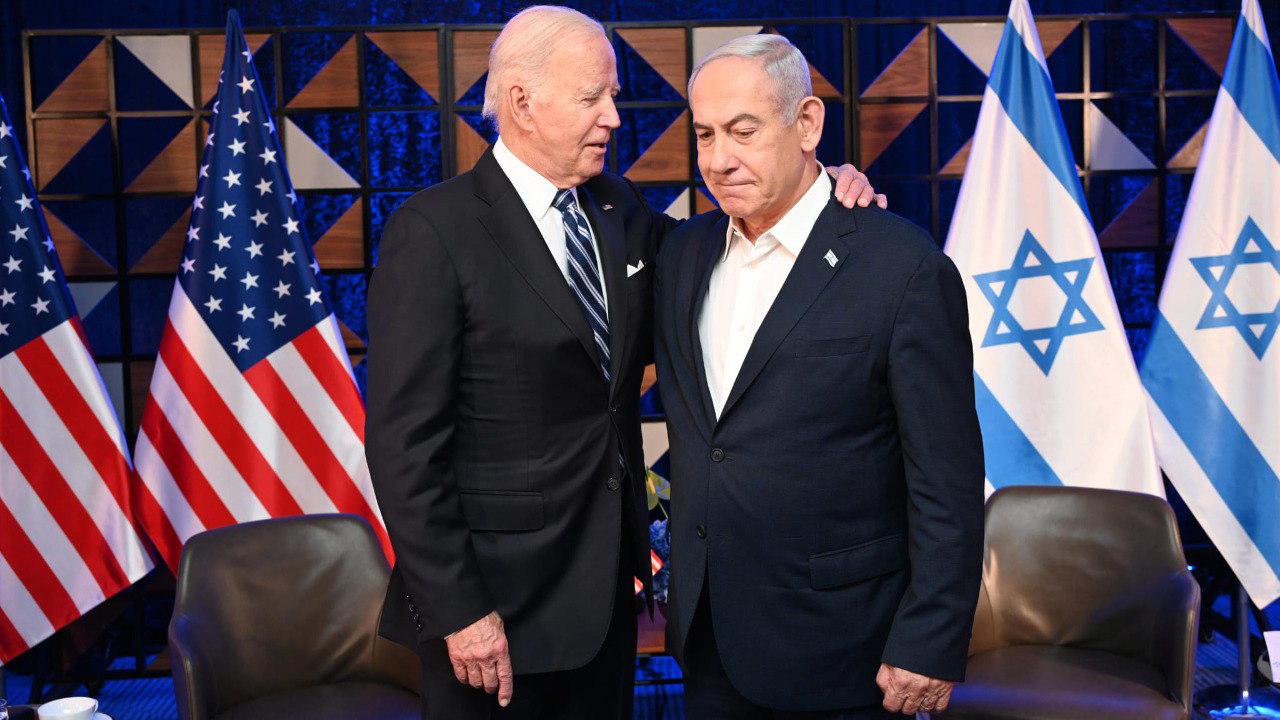
Just as with Russia’s situation regarding Ukraine, Israel’s position in Gaza remains secure. The U.S., which anchors its Middle East presence on Israel’s existence, blocks any significant action against Israel.
As a result, no tangible steps are taken beyond the U.N. General Assembly’s condemnations. The entire world is witnessing a genocide unfold in real-time.
Therefore, the structure of the UNSC must be reformed. If a fairer world is the goal, the international system must be freed from the control of just five states.
Otherwise, wars will persist, local conflicts will escalate into regional wars, and the risk of global conflict will increase. In response, a new model must be developed with the understanding that "the world is bigger than five."
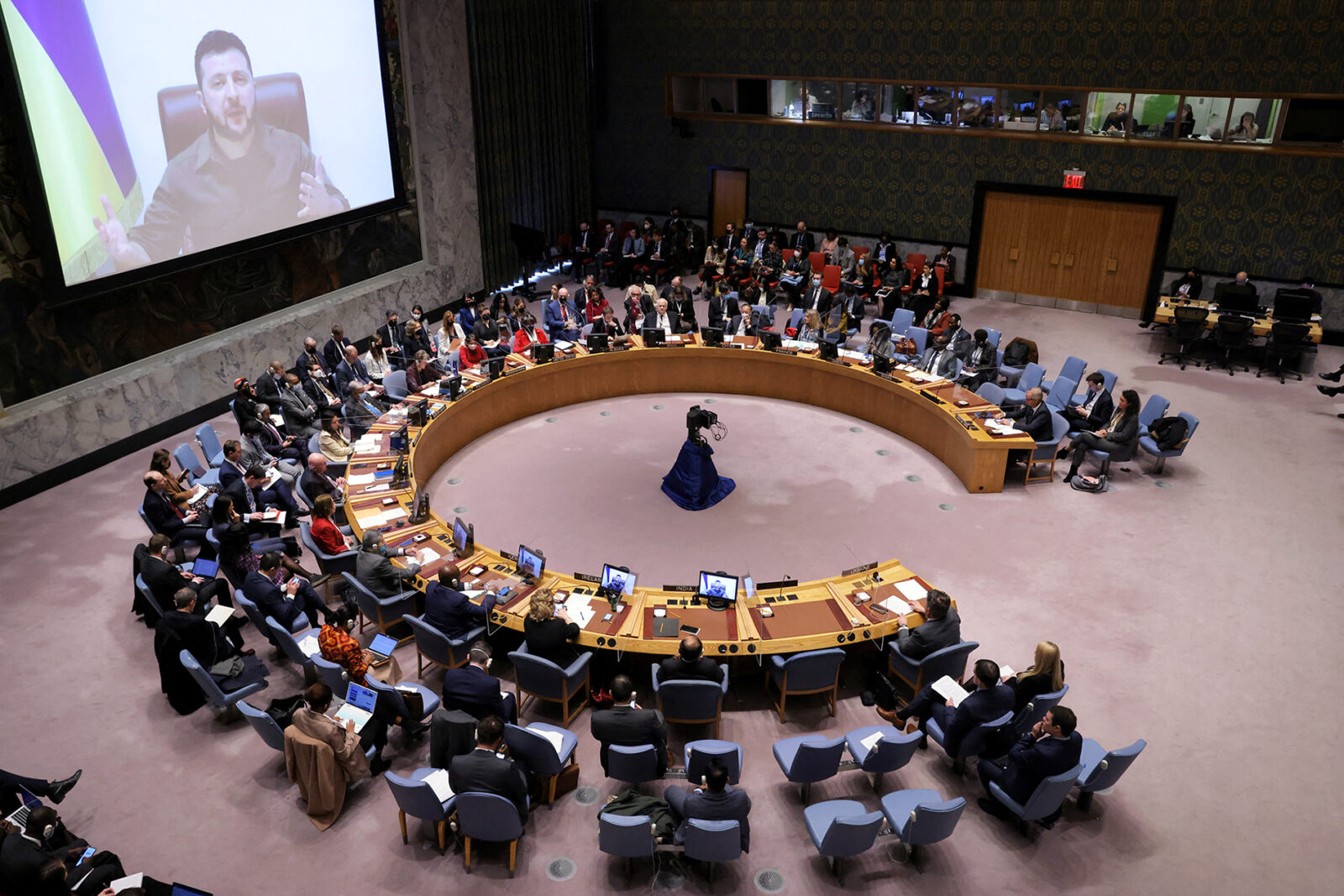
To create a fairer international system, the issue of representation in the UNSC must be addressed with geographical factors in mind.
Currently, Africa, the Turkic world, and South America lack representation in the UNSC, complicating the understanding of regional issues globally.
However, the problem extends beyond geographical representation. It's important to remember that the primary cause of World War I was the clash between the ambitions of nations late to the colonial race and the interests of established colonial powers.
Although colonialism has been abolished, the conditions of World War II have shifted power dynamics, leading to new centers of power demanding greater representation on the global stage, reminiscent of pre-World War I tension.
For instance, Japan and Germany, both defeated in World War II, are now among the world's leading economies. If they feel their voices are marginalized, it is likely they will adopt more assertive policies.
In today’s multipolar world order, many states are expressing concerns about the U.N.'s functioning and its decision-making processes. Even permanent UNSC members like the U.S. and Russia have occasionally voiced criticism.
Thus, calls for a new model must be amplified.
President Erdogan’s statements at the UNSC will once again symbolize this pursuit, just as in previous years. Indeed, the world is bigger than five, and a fairer world is possible.
It is evident that the guardianship of five states cannot prevent crises, end wars or improve global conditions.